China’s cosmetics sector reached 60.7 billion dollars in 2023, accounting for 17.3% of the global market, placing the country second after the US with 20%. Although China’s beauty market is seeing rapid market growth year-on-year, organic and natural products are still not as popular as in the West. But the situation is changing and market research shows, that there are big opportunities for organic cosmetic brands in this niche market segment, as Chinese consumer purchasing preferences are slowly changing, making room for more natural ingredients in their diets and cosmetics they use on a daily basis.
In this blog post, we will examine the increasing demand for natural beauty products and organic cosmetics in the Chinese market and see how foreign brands can sell natural and organic cosmetics to Chinese consumers.
Differences in The Perception of ‘Organic’ and ‘Bio’ Between China and the West
Before we deep dive into China’s and Asia Pacific region’s natural cosmetics market, there is something that needs to be explained first. The perception of organic/natural/bio is different between China and the West. People in the West are already very much used to natural ingredients and have a clear understanding of what is considered organic or bio. Those products are also well defined and described, with organic certification always added to the label. We already know that not all natural products can be seen as beneficial for health and bio.
In China, the market for organic products is fairly new and there are no clear regulations or one organic certification that can be seen as a guideline to what can be seen as bio and what cannot. Chinese consumers are more pragmatic in using the ‘natural’ term because for them the concept is wider. The Chinese concept of ‘natural’ is bigger and basically, whatever is naturally grown is perceived as healthy and organic, without the need for special labels or Chinese government regulations.
The lack of these guidelines makes it essential for natural brands to educate their potential customers about the benefits of their products. We can’t just assume that consumers are familiar with the terms already widely used in the West.
Overview of the Organic Cosmetics Market in China
The organic cosmetics market in China is still considered a niche, as Chinese consumers are slowly starting to show interest in using more organic and natural products. This shift is visible mostly in first-tier cities, among young Chinese netizens, mostly Gen Z and Millennials.
According to Statista, it is predicted that the market value of natural cosmetic products will reach 2797.5 million US dollars in 2022. The research report shows, that the market is predicted to reach 3246.5 million US dollars by 2023. As you can see, although the market is very small in comparison to other countries, it presents great opportunities and the best time to join is now!
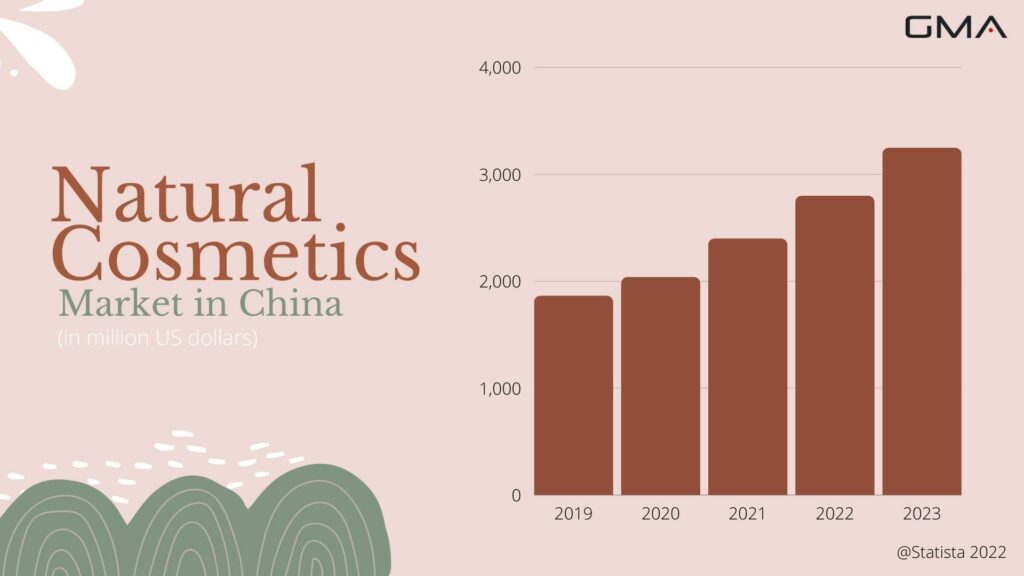
Problems with organic certification in China
The use of natural products in cosmetics requires organic brands to go through many formulas and regulations in order to assure the customers that the product is safe to use. As in other parts of the world, there are many centralized organizations that can issue standardized certificates for cosmetics, such as the European Union organic certification, German Natural Organic certification, or New Zealand Natural Organic Association, in China, there is no central organization for organic certification issuing yet. Therefore, there is less trust in local organic brands than in foreign ones, as they are believed to be better, due to those certificates.
What is more, the organic cosmetics market in China is faced with many deceptions from local brands. Between the products certified organic without being coldly pressurized or mixed with different products and claiming their 100% purity, the desired target is not achieved. These fake organic products sell at the same expensive price as the originals. Therefore, Chinese consumers prefer to buy foreign products than the risk with local brands.
Young Chinese consumers are driving the demand for organic cosmetics
Millennials and Gen Z consumers, who are taking over this growing trend are well-educated, open-minded, and care more about appearance and health. They are also becoming more and more aware of the environment and ecology. The income of young people has also been rising, allowing them to spend more on luxury products.
As the green trend continues to grow in an expanding market, we can envision that more and more companies will invest largely in green technologies for higher efficacy and better safety performance. Chinese beauty consumers from first-tier cities are more connected to global trends and want to follow them, resulting in a change in their shopping behaviors. Many of them start exercising to lose weight, they are also turning towards a more plant-based diet and organic cosmetic brands.
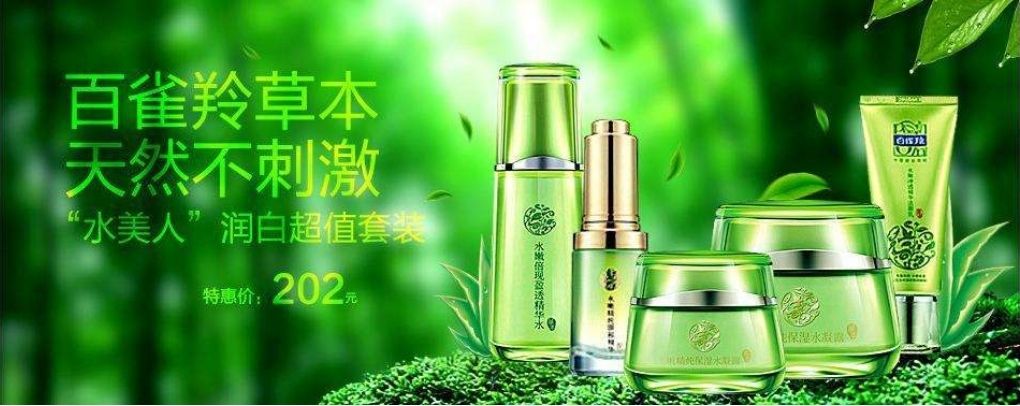
Which are The Major Natural Brands in China?
As we mentioned earlier, when it comes to the Chinese market for organic cosmetics, there are great opportunities for foreign brands, as Chinese people don’t trust local organic brands as much, due to the lack of certification on many counterfeit products. Brands such as L’Occitane, Origins, and Jurlique are leading the market. Thanks to the fact they are recognized worldwide, they get customers’ trust in China pretty easily, unlike domestic brands. You need to understand, that being a certified company and showing the quality of your products in the marketing strategy is key to success in this sector.
When it comes to Chinese organic brands, the market is slowly growing, as more and more people are getting interested in natural products. The use of natural ingredients is not new to Chinese culture, as many people were using herbs, plants, and other eco-friendly ingredients for centuries, according to Traditional Chinese Medicine. A few local brands are gaining popularity among younger consumers in China, such as; Herborist, Nature Temple, Yu Sai, Yunifang, and so on.
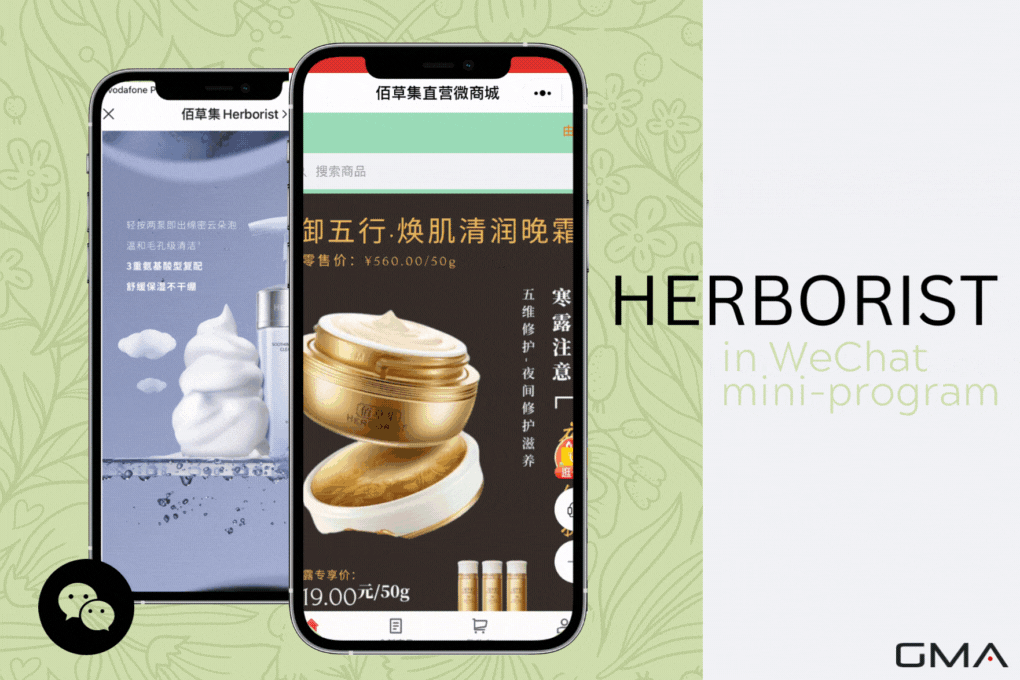
How to Market Organic Cosmetics in China Beauty Market?
The image of natural cosmetics is associated with nature and simplicity. If this image makes the European dream, this is not the case for the Chinese middle class. You need to remember that Chinese consumers differ from those that you are used to in the West and you need to have a different approach when crafting a marketing strategy for the Chinese market. There are some key aspects that you need to take care of.
Market yourself as a luxury brand
Some Chinese consumers influenced by a Western country or suffering from real skin problems will turn to alternative solutions, but for the majority, mud, and plants do not sound dreamy at all.
The Chinese middle class has seen its purchasing power increase in a short period of time and now they can treat themselves. The Chinese are looking for luxury products that shine, like gold lacquered cosmetics with the logo of a renowned brand. Although the benefits of using those products are getting more and more important, Chinese people still care a lot about branding and they want to buy only the most luxury products.
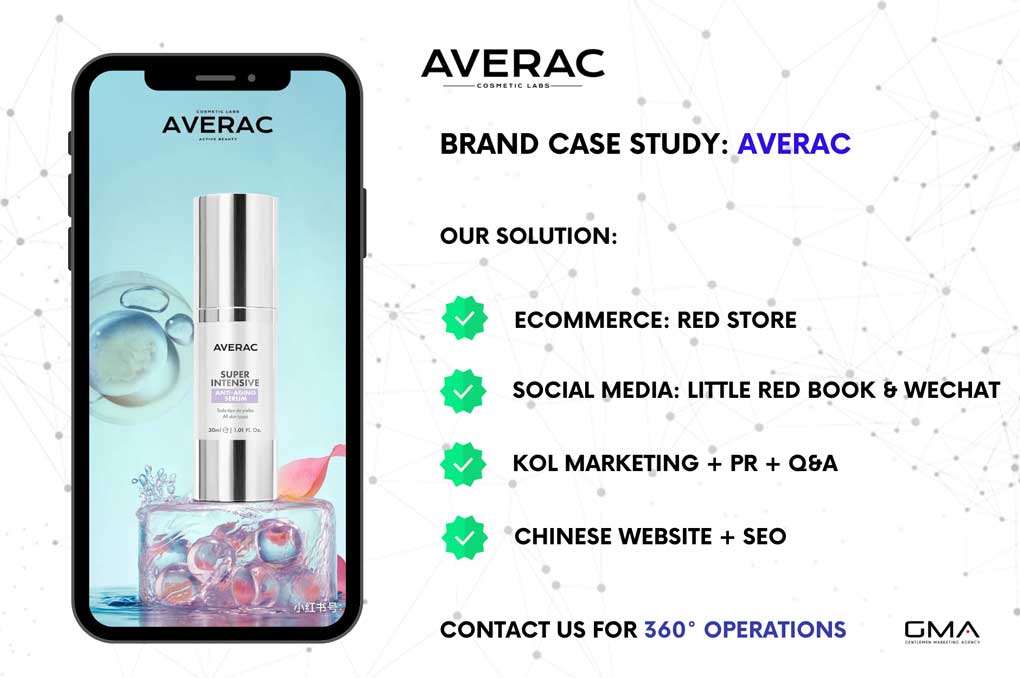
If you want to invest a lot of money in cosmetics, you have to get in return the social prestige of the brand. There is a long way to go for natural cosmetics wanting to rank as a competitor of luxury cosmetics. Organic and natural are expensive too, but you need to prove it to the Chinese with well-crafted promotion.
The image of nature is absolutely not selling in terms of cosmetics. Nature is associated with the countryside, by extension with poverty and underdeveloped provinces. Cosmetics in China all use an image of advanced technology and immaculate cleanliness to get the attention of consumers.
Adapt your products to the Chinese beauty standards
Chinese – men and women together – want to have white skin, which is THE beauty standard of the Middle Kingdom. People with white skin are seen as more beautiful than others and most of the cosmetics in China contain ingredients that help whiten the skin, alongside sun protection. If you want to sell natural cosmetic products you need to have this aspect in consideration, as Chinese people are used to beauty products that have this function.
Chinese people have a very varied complexion from one region to another, and provinces further south will face a greater temptation to use skin-whitening cosmetics. Natural cosmetics might bring a refreshing message by advocating above all the hunt for imperfections without attacking the epidermis, and without fighting against its nature. But you still need to remember, that the majority of consumers will be looking for natural products with whitening ingredients.
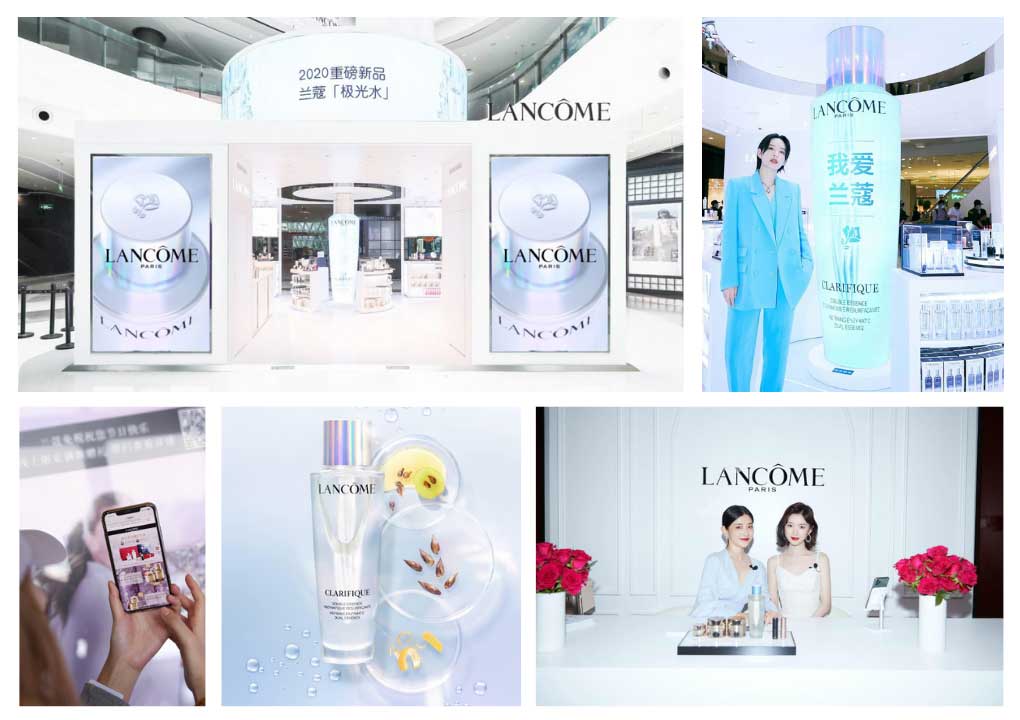
Offer samples
Samples are becoming a trend among beauty products in China and they might be especially useful when it comes to natural cosmetic products and organic products. As Chinese consumers are not used to organic cosmetics for personal care, they will present a rather cautious attitude towards natural and organic brands. Due to problems with greenwashing and the lack of strict regulations in the Asia Pacific region, beauty consumers will be very cautious about personal care products, worried about safety and personal health.
Therefore, they will gladly buy samples from different brands, to test the benefits of offered organic products and their safety. Offering samples can be also a great marketing strategy, as there are many options for promotion on social media, where customers will be able to win packages of samples, and then generate bigger retail sales for natural cosmetics in China.
Make your product offer gender-neutral
As more and more men are interested in skincare and makeup products in China and use beauty products on daily basis, just like women do, genderless cosmetics in China are a new big trend and many biggest brands are quickly adapting their product lines to catch up with their consumers in China.
The male cosmetics market is growing rapidly and it is predicted to be the biggest one in the world in the near future. As the demand for natural and organic cosmetics is rising, foreign beauty brands need to focus on promoting their products in China regardless the gender.
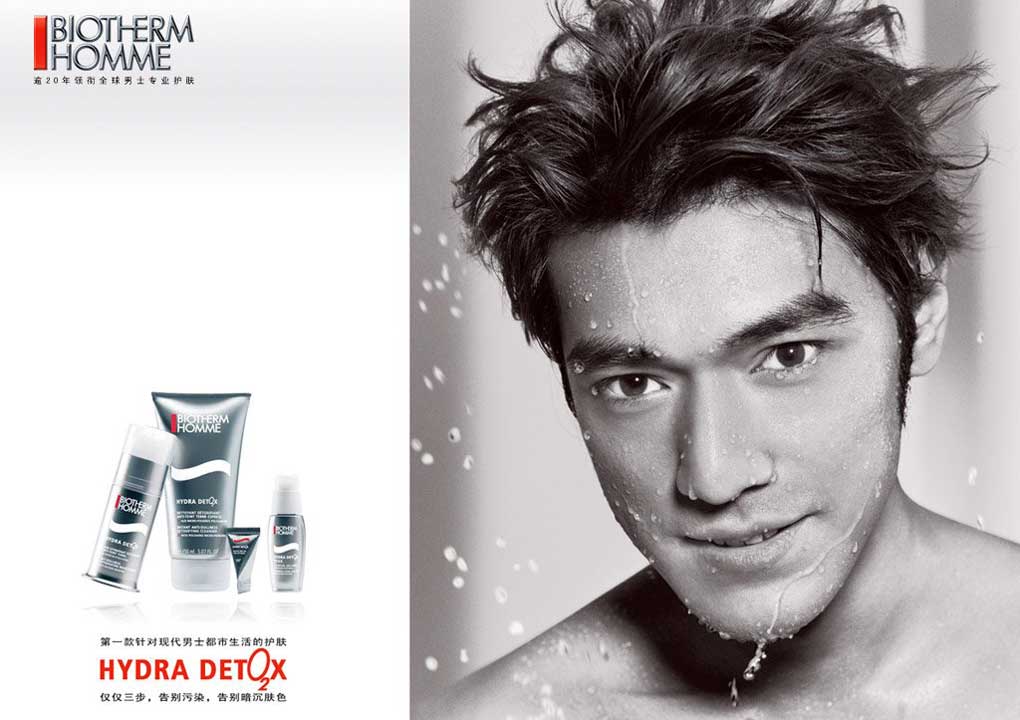
How to Launch Your Cosmetics Brand in China?
As the Chinese personal care products market is completely separate from the Western one, we present the key factors that will contribute to your success in China;
Social Media
Weibo, Little Red Book, and Douyin are the main platforms for beauty influencers and cosmetics bloggers. Those are the platforms where all cosmetics superstar starts to build their community. Most of them keep publishing on Douyin, Weibo, and RED because it allows them to reach their fans and to get the virality of their posts. (Not the case with WeChat, which is a closed ecosystem).
In addition, Female consumers usually follow several beauty bloggers because they like tutorials, and brand reviews and think it is a trustworthy source of information. Consumers will be influenced by their friends, by the conversations that they can have on WeChat, or by discussions that they can follow in groups.
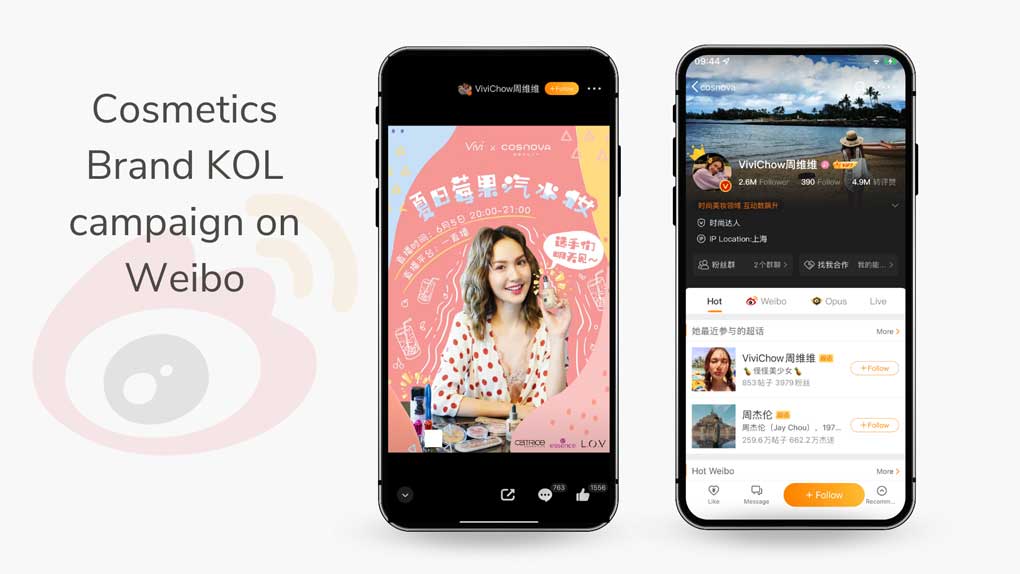
WeChat, on the other hand, is the platform that helps you build brand awareness and keep in touch with your follower base. There you can publish newsletters, show your organic products offer in WeChat Store, offer special discounts in mini-programs and WeChat groups and many more.
E-reputation
Let users speak about your brand on Popular forums about Beauty or Consumption such as:
Little Red Book: Xiaohongshu has a focus on cosmetics and beauty and 80% of the users are women. They have good purchasing power and love international cosmetics brands. The platform content is mainly created by its users (UGC) via “buying notes”
Meilishuo: is a Chinese Pinterest-like website that enables women to find personalized clothing and skin care products.
E-reputation and branding are the most important factors that drive the growth of your brand in China. As we mentioned earlier, Chinese people buy only from well-known brands, so you need to make sure they hear about you and that what they hear are positive comments and reviews. Make sure you build communities around your brand on social media platforms and forums like Zhihu or Baidu Tieba, where consumers can talk about your brand and recommend it further.
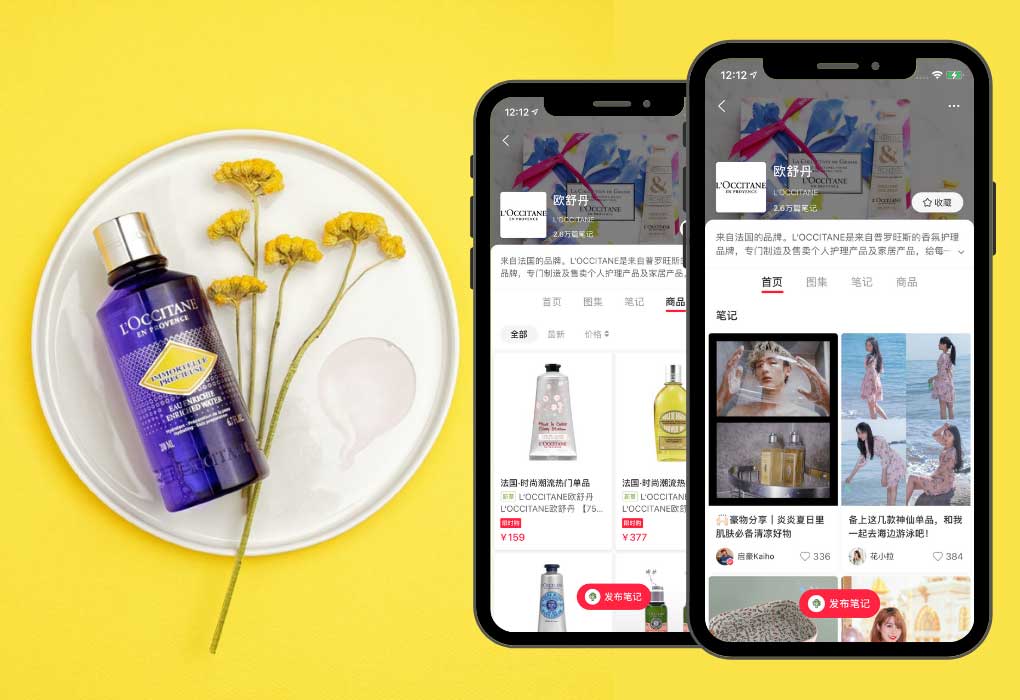
Chinese website and Baidu SEO
Optimize and geolocalize your Website for China and be visible on Baidu thanks to good search engine optimization. Internet users use Baidu to find a solution to their problems, just like we do on Google. It is a good way for them to find a product that can solve skin problems, find a tutorial for makeup or get feedback from users. They will actively search for Question&Answer or Conversation on Forums. They will also use Baidu to compare different brands, check the feedback and so on.
They will still consult the brand website. That is a good way to learn more about a brand but they know, no brand can be 100% objective about their products. You would not say “hey my BB cream is great at protecting your skin from UV, however, it feels really sticky”. That is exactly the kind of information consumers are looking for. The positive points as well as the negative ones.
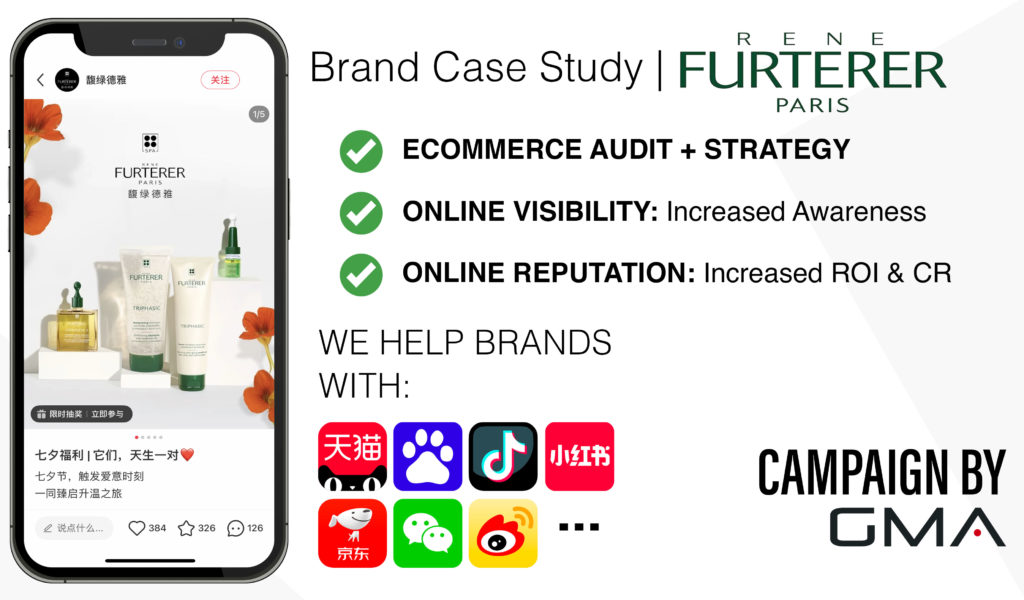
Do You Want to Market Your Natural Cosmetics Brand in China?
Organic cosmetics are still a niche in the Chinese market so it is a great time to start promoting your brand to Chinese consumers. The situation works in the favor of foreign brands, as Chinese people trust them more when it comes to green beauty products than local ones. Young Chinese consumers from first-tier cities drive growth of this sector, as they are trying to eliminate synthetic chemicals from their skin routine. The timing couldn’t be better.
But entering the Chinese market is not easy, especially when it comes to niche sectors that require a more innovative and creative approach. We are a China marketing agency that specializes in providing marketing solutions for foreign brands in China. Over 10 years we worked with more than 600 brands, helping them conquer the Chinese market.
We offer services such as:
- consultations
- market analysis
- e-commerce solutions
- design strategy
- website development and Baidu SEO/SEM
- social media accounts setup and maintenance
- marketing and promotion
And many more! Here are some of our cosmetics case studies;
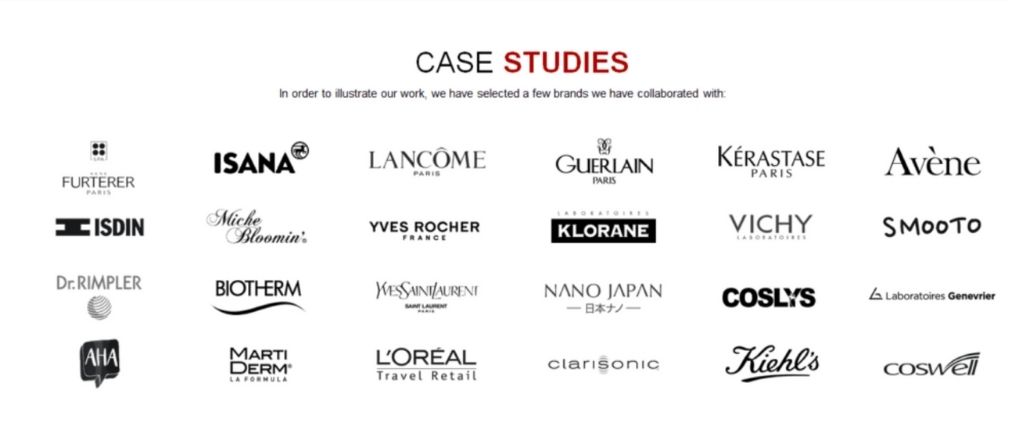
Don’t hesitate to leave us a comment or contact us to discuss your organic cosmetics solutions in China!
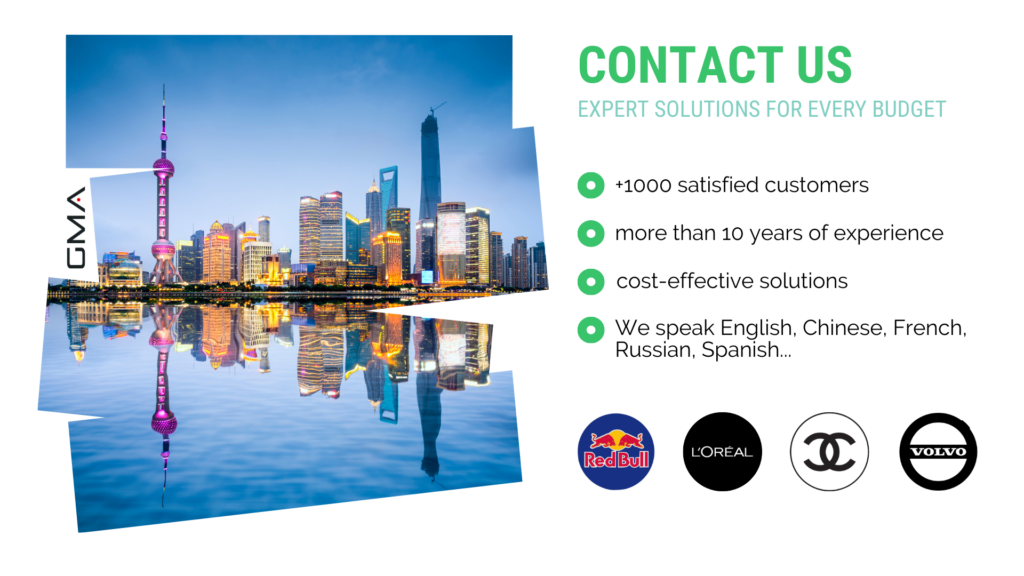

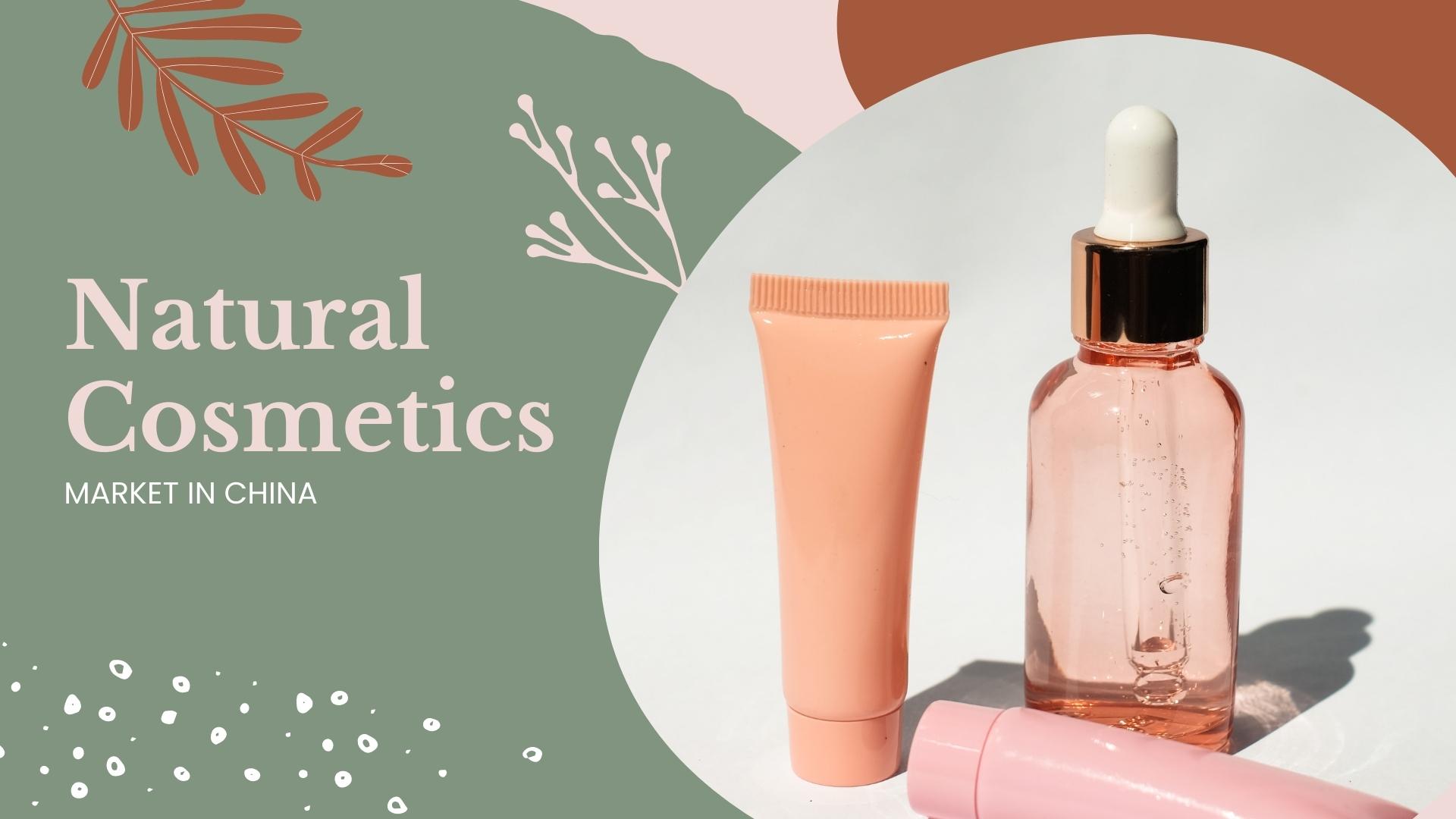
3 comments
J Beauty Space
Concentrate Strong Whitening Collagen Dark Spot Professional Facial Skin Care Lotion
Brighten up your skin and add a beautiful natural glow to it with the new improved Gluta Master Lotion. Being a rich blend of wholesome Arbutin and Kojic acid, it nourishes the skin from deep within and locks its natural moisture for 12 long hours without making it appear oily.
Arora Cream
Hi there very cool website!! Guy .. Beautiful .. and USeful about the Chinese Market.
Superb .. I’ll bookmark your blog and take the feeds additionally?I am
happy to seek out so many helpful information here in the publish, we want work out more strategies about our Brand aroracream.com
admin
we can Help you, send email and we will be able to connect with you. 😉 have a nice day.